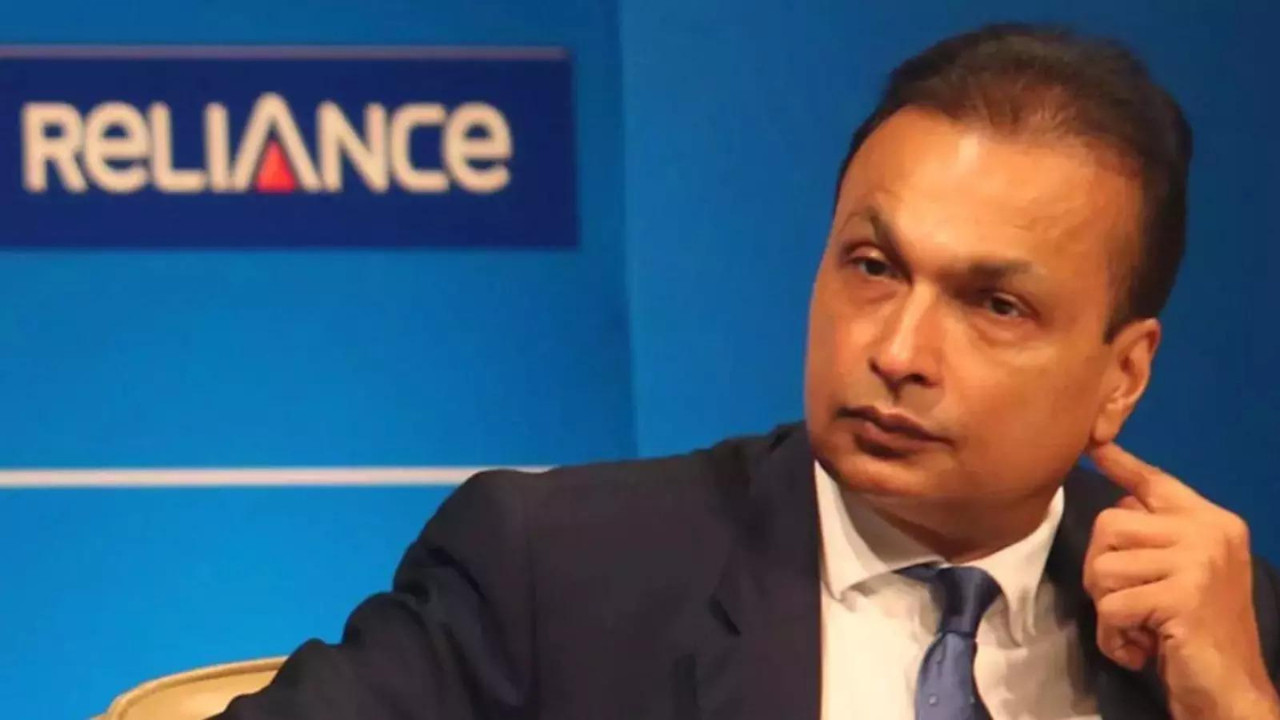When Debt Becomes Deception: Another Chapter in the RCom Saga
The past few years have been a rollercoaster for the Indian telecom sector, and particularly turbulent for Reliance Communications (RCom). While the company has been battling financial storms for some time, recent developments signal a dramatic intensification of the crisis, with two major banks, State Bank of India (SBI) and Bank of India (BoI), flagging RCom accounts, including those linked to Anil Ambani, as fraudulent. This isn’t just about numbers on a balance sheet anymore; it’s a serious accusation with potentially far-reaching consequences.
The Mounting Allegations of Loan Fraud
The core issue centers around a staggering ₹2,929 crore (approximately $350 million) in outstanding loans. Both SBI and BoI have officially declared these accounts as fraudulent, citing violations of lending terms and diversion of funds. This declaration isn’t just a slap on the wrist; it’s a formal recognition that something went seriously wrong with the handling of these massive sums.
The ramifications are significant. A “fraud” tag from these leading banks triggers a series of actions, including potential investigations by law enforcement agencies and heightened scrutiny of RCom’s past financial dealings. For Anil Ambani, the personal implications are equally substantial, potentially affecting his involvement in future business ventures.
Unpacking the ‘Violation of Terms’
But what exactly constitutes a ‘violation of terms’ that leads to such a severe accusation? While the specifics remain under wraps, it generally points to actions taken by the borrower that contravene the original loan agreement. This could include diverting funds to unrelated projects, failing to meet agreed-upon repayment schedules despite having the means, or misrepresenting the company’s financial position to secure the loan in the first place. The banks are essentially saying that the money wasn’t used as it was supposed to be, and that this misuse constitutes fraudulent activity.

A Familiar Narrative: The RCom Downfall
The RCom saga is a cautionary tale of ambition, over-leveraging, and the disruptive force of technological change. Once a leading player in India’s burgeoning mobile market, RCom struggled to adapt to the data revolution and the intense price wars triggered by new entrants. Massive debts piled up, asset sales faltered, and the company eventually found itself struggling to stay afloat.
This isn’t the first time RCom has faced scrutiny over its financial practices. Years of restructuring efforts and attempts to offload assets have yielded limited success. The company’s struggles have been widely reported, and the recent fraud accusations only add fuel to the fire. For context, you may find our previous analysis of the telecom sector’s struggles illuminating.
The Ripple Effect: What Does This Mean for the Future?
The implications of this development extend beyond RCom and Anil Ambani. It sends a strong signal to the broader business community about the importance of transparency and accountability in financial dealings. Banks, already under pressure to manage their non-performing assets (NPAs), are becoming increasingly vigilant in identifying and acting against potential fraud.
For investors, the RCom case serves as a stark reminder of the risks associated with high-debt companies and the importance of due diligence. For the telecom sector as a whole, it highlights the need for sustainable business models and responsible financial management in a rapidly evolving market.
The declaration of fraud also throws a wrench into any remaining attempts to revive RCom. Potential investors and lenders will be even more hesitant to engage with the company, further diminishing its chances of recovery. The legal battles and investigations that are likely to follow will only prolong the uncertainty and add to the company’s woes.
Navigating the Murky Waters of Corporate Debt
Ultimately, the RCom loan fraud allegations raise fundamental questions about corporate governance, lending practices, and the role of regulatory oversight. While the full truth remains to be uncovered through investigations and legal proceedings, one thing is clear: this is a crucial moment for the Indian financial system. It underscores the need for robust mechanisms to prevent fraud, protect investors, and ensure that businesses operate with integrity and accountability. The ongoing developments surrounding this case will undoubtedly shape the future of corporate lending and governance in India.







